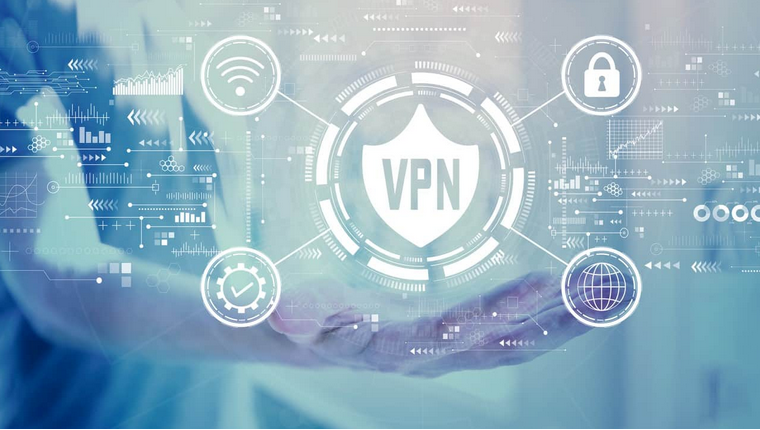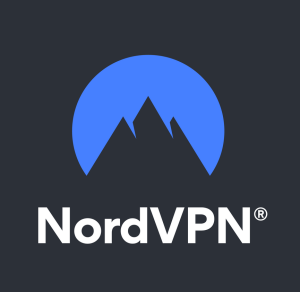If you use an Afghanistan VPN, you can bypass restrictions placed on the web. In order to access thousands of restricted websites and services, get the best VPN in Afghanistan.
Only a small percentage of Afghanistan’s population has access to the Internet, and those that do are always at risk of surveillance. Furthermore, Internet users have limited access, with millions of sites and services blocked because of “immoral” content. While the Taliban has been embracing the Internet since coming into power, its users are subjected to strict censorship and surveillance.
One of the ways to bypass censorship and escape surveillance is to use a Virtual Private Network (VPN). Surprisingly, VPNs are legal in Afghanistan, which means that as long as you can set one up on your device, you will not face legal action when using it.
While VPNs are legal in Afghanistan, download sites may be blocked, which is why we recommend setting up a VPN before entering the country if you’re planning on visiting.
How to choose the best VPN in Afghanistan
If you want to use the best VPN in Afghanistan safely, there are many things you need to take into account.
- Security/Traffic encryption
VPNs protect traffic by encrypting it. Traffic goes through an encryption tunnel, and what comes out the other end is unreadable data. When traffic is encrypted, it becomes unreadable to the Internet Service Provider (ISP). This allows users privacy and anonymity, especially in countries that subject Internet users to surveillance. The standard encryption used by most VPNs is AES-256.
- Obfuscated servers and big server networks
When choosing the best VPN in Afghanistan, look into how many servers a VPN has. VPNs with larger server networks tend to have more locations and less crowded servers.
You should also choose a VPN that offers obfuscated servers. When connected to a regular server, your Internet Service Provider cannot see your traffic but it can see that you’re using a VPN. Usually, this is not an issue when you’re using a VPN in a country where they are legal. While VPNs are currently legal in Afghanistan, this could change at any time so it’s better to have the option of concealing VPN usage. Obfuscated servers do exactly that. When you connect to an obfuscated server, the VPN removes all traces of itself from your data, which conceals the VPN.
- Strict no-logs policy
If you’ve never used a VPN before, you may be wondering whether the VPN can see your traffic. The answer to that is yes, they can. However, any decent VPN will not keep logs or collect data related to browsing because a VPN is, first and foremost, a privacy tool. Its whole point is to give you privacy, that includes from the VPN itself.
You can read about what kind of data a VPN collects in its Privacy Policy. However, it’s necessary to mention that just because a VPN claims to not collect data does not mean that it does not. One way a VPN can prove that it’s not keeping logs is by having its policies audited by independent parties. Thus, it’s recommended to choose audited VPNs.
- Extra features
VPNs often have additional features that many users may find useful. You can find VPNs with features like adblocking, protection against malware, password management, etc.
If you use separate programs to get these features and pay for them, it would be more convenient and better value for money to just use a VPN that includes those features.
- Internet speed
It’s no secret that when connected to a VPN, Internet speed goes down. However, to what extent depends on several factors, including the encryption protocol used by the VPN. You can find VPN statistics fairly easily. If you want the best VPN in Afghanistan, choose a VPN that is able to retain at least 80% of the original speed.
However, the slowdown is usually very minimal and practically unnoticeable with any decent VPN, unless you have very slow Internet to begin with. The best VPN in Afghanistan will certainly be able to retain at least 80% of your original speed.
NordVPN is the top option when it comes to the best VPN in Afghanistan
NordVPN can be considered the best VPN in Afghanistan. It offers top-level security, strong traffic encryption, a wide range of servers and locations, and even additional features. It’s also one of the most affordable premium VPNs.
NordVPN uses a combination of AES-256 and ChaCha20 encryption to encrypt traffic. This is military-grade encryption and is practically indecipherable. To make sure that you’re IP address and other information do not leak when you unexpectedly get disconnected from the VPN while online, NordVPN also has a kill switch feature. It’s enabled by default.
NordVPN has more than 5,800 servers in 60+ countries in its network. It has hundreds of locations, which is important if you need specific and rare locations. When you connect to a NordVPN, your traffic will be protected from prying eyes, and that includes NordVPN itself. It’s one of the most private VPNs available and keeps no logs of users’ online activities. The only information it collects is what’s necessary to maintain an account. NordVPN has also been audited, which means its claims of no data collected can be backed up.
NordVPN is known for its speeds and is considered to be the best when it comes to a fast VPN in Afghanistan. Unless you have very slow Internet to begin with, you should not notice any slowdowns when connected to NordVPN. You can switch encryption protocols to see which one offers the best speeds but we recommend sticking to NordLynx because it’s why NordVPN is such a fast VPN in Afghanistan.
If you need certain additional features, NordVPN offers plenty. An adblocker and protection from malware features are included in all subscriptions but you can also get a data breach scanner, a password manager, and 1TB of cloud storage with the more expensive subscriptions.
NordVPN does not offer a free Afghanistan VPN but there is a 7-day free trial. The trial can be used on all devices but it does need to be initiated on an Android device. If you want a longer free Afghanistan VPN trial, you can use the 30-day money-back guarantee, you just need to request a refund within 30 days of your purchase.
If you want to continue using NordVPN once the trial is over, you will need to buy a subscription because there is no free Afghanistan VPN version. You can find various discounts on the official website for long-term subscriptions. If you plan to use the VPN for at least a year, purchasing a long-term subscription would be better value for money because they have huge discounts.

